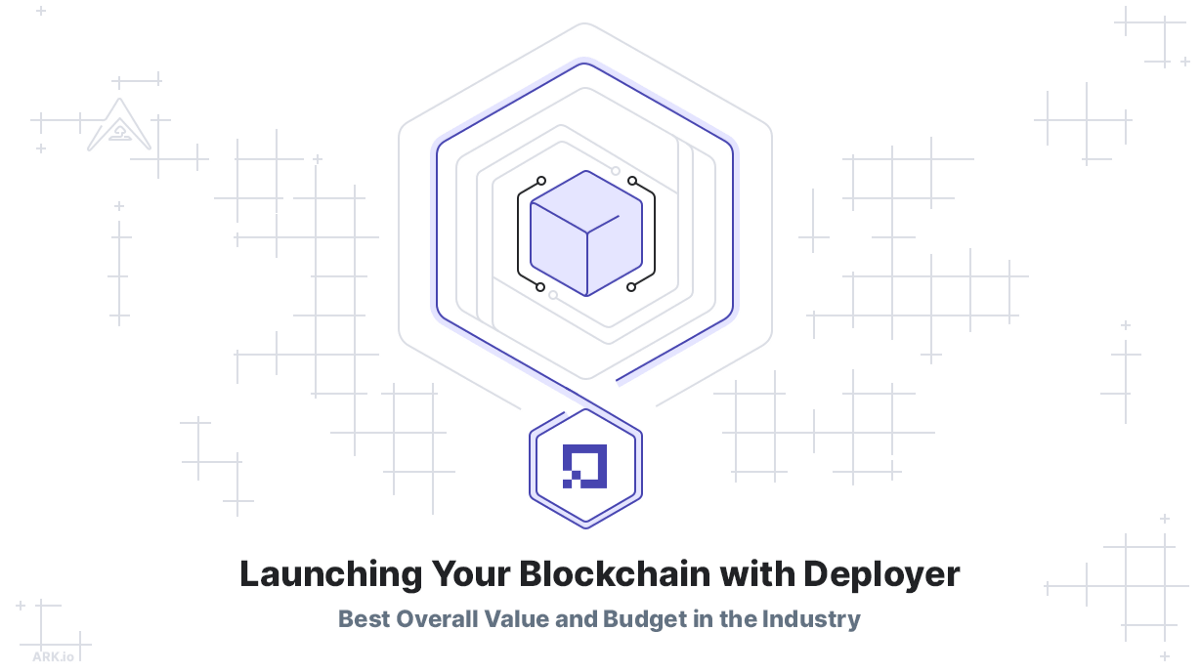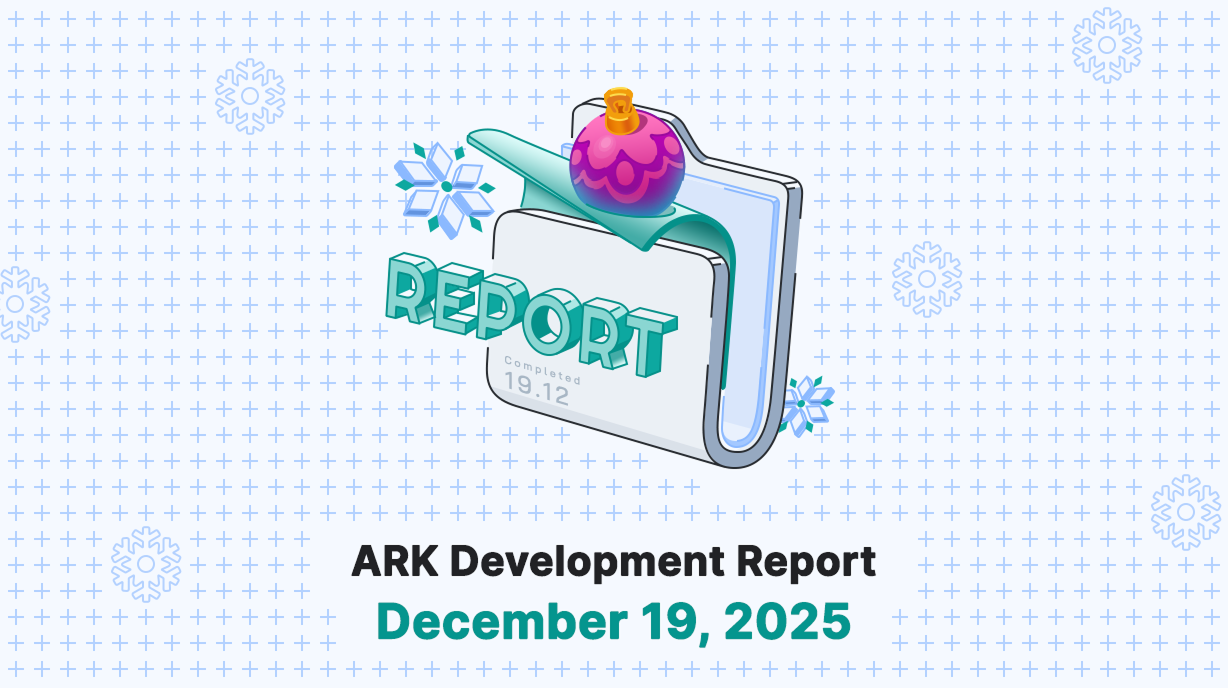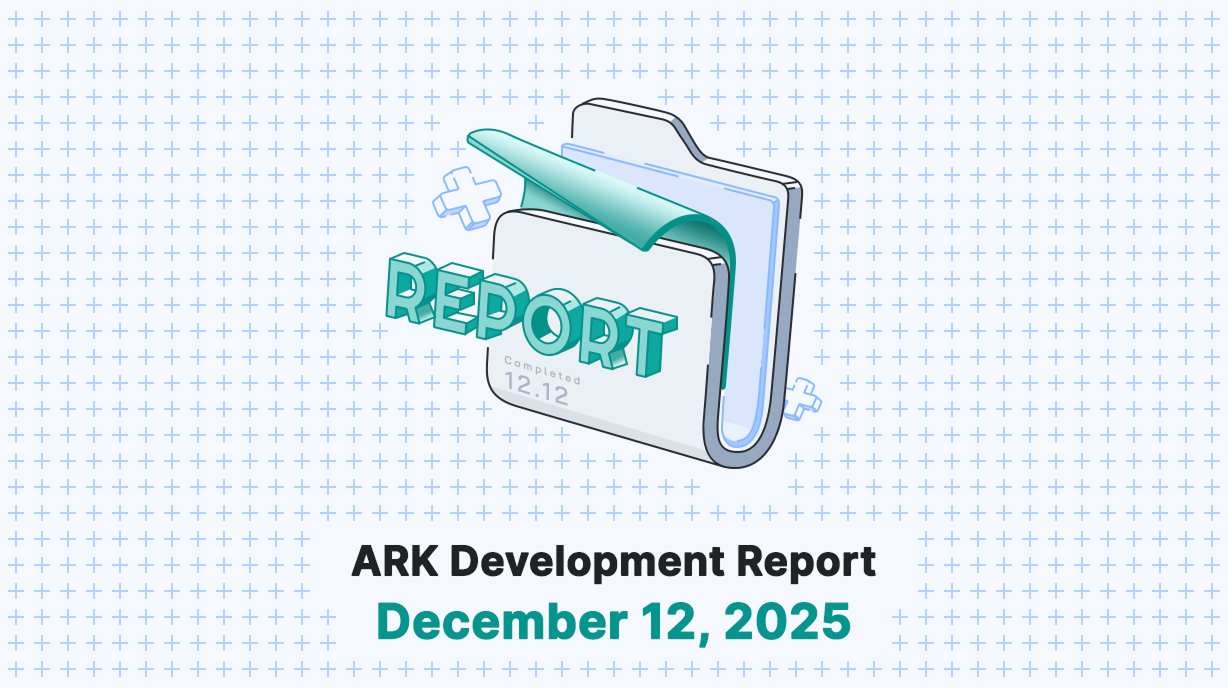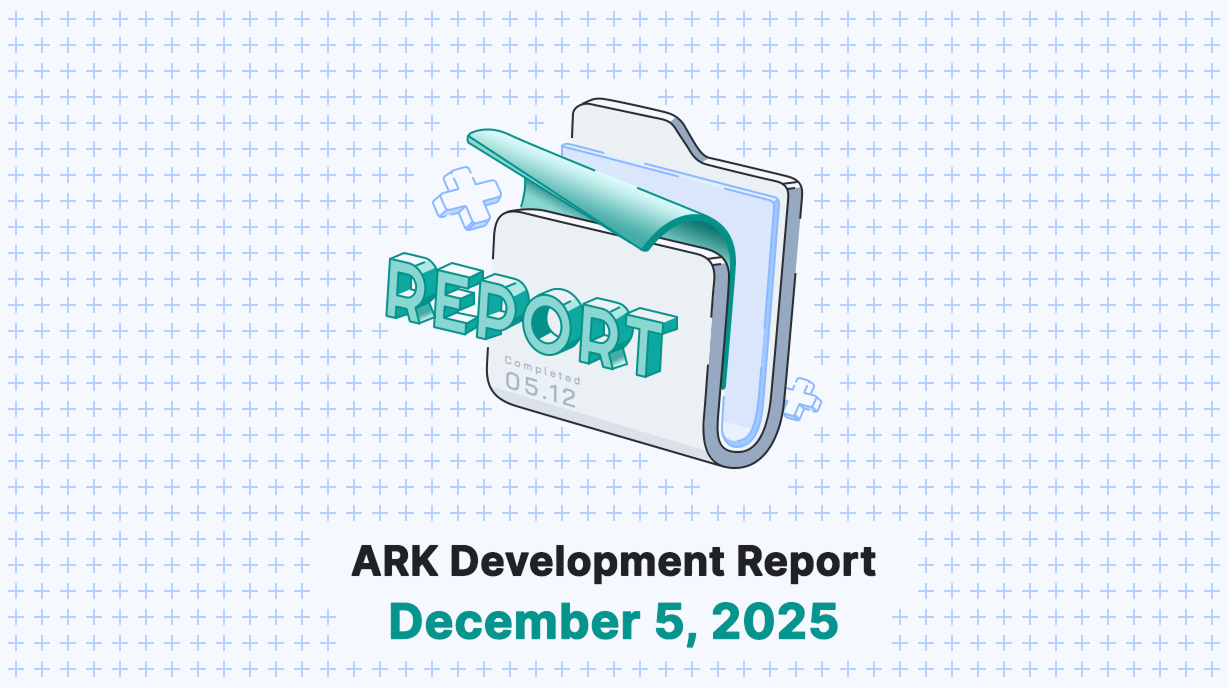Launching your blockchain and transforming it into a successful project is a daunting process. Fortunately, Deployer removes the heavy lifting making the deployment of your blockchain simple and quick. However, budgetary concerns also need to be addressed. Let’s explore the costs of running a chain and how Deployer stacks up against the competition.
Deployer vs. ‘The Rest’
As part of our deep dive into improving Deployer, we examined other applications and sites that purported to do the same thing - Launch a Blockchain in an easy way. As the first project in the space to create a fully autonomous chain deployment system, we also want to be the first choice for developers when it comes to creating a new chain.
After reviewing some other applications, this is what we found.
Others are Not Autonomous
Some of the other solutions studied looked more like Google forms - which would record information and specifications, provide you a price and then put you in contact with a developer that will spend the time creating your blockchain. As a result, they had a type of ‘man behind the curtain’ feel. Deployer handles the deployment autonomously while you customize your chain. You yourself are in the driver’s seat. You hit the gas, and you lunge off the starting line towards a brand new network, all without writing a single line of code.
Others Lack Post-Launch Support
When studying other applications, we found that post-launch features were nearly non-existent. Some solutions don’t even provide you with a post-launch dashboard. With our Deployer, you get an intuitive dashboard that even has team member management. This comes in handy when adding or deleting servers as well as handling other administrative tasks. We are also working on an additional new product for simpler management of your network nodes (Follow us on Twitter for product announcement).
Others Have High Price Points
Most of the other services we looked at had very high price points for launching a blockchain. One in particular had fewer than 12 input fields, and even with only minimal tweaks, the grand total came out to about $12,000 to launch a custom version of their chain. A disclaimer also revealed monthly recurring charges such as server costs. It is possible, however, to use Deployer to launch a chain for free. Let’s go into more detail on what you get at no cost when using Deployer.
Using Deployer is Free
With Deployer, you get a powerful set of features for free. We don’t want to create a high barrier of entry for people looking to innovate on ARK, and creating a Blockchain specific to your needs is not one-size-fits-all. To address this, we enable you to test out different configurations and discover the setup that works for your specific use case, all at no cost to you.
By signing up under Deployer’s basic tier, you have access to the following services for free:
- A Fully Configurable Blockchain
- Instant No-Hassle Deployment in One Click
- ARK Desktop Wallet Support
- ARK Mobile Wallet Support
- Custom Block Explorer
- Up to 3 Team Members in Dashboard
- Basic Customer Tech Support
In the future, we will have a higher tier available for users who would like access to premium customer support, premium modules, and other enhanced features. We will also offer enterprise and custom solutions for larger businesses or start-ups through Protokol .
Budgeting for Server Costs
While using Deployer to launch a chain is free, there are associated server costs due to VPS providers that come along with running an active network. Every network is different and costs vary based on your specifications and infrastructure requirements. However, depending on your network type, these costs can be mitigated and in some cases offset entirely.
Example VPS Instance Costs
Let’s start with the base costs of nodes on our example VPS provider Digital Ocean:
- Active Delegate Node ($40/month on DigitalOcean). This node type is responsible for participating in consensus, adding transactions to the ledger and generating new coins (if you have that turned on).
- Relay Node ($20/month on DigitalOcean). This node type is responsible for providing redundancy in the network, maintaining copies of the ledger and serving as access points for lite clients.
- Some other node types such as Explorer Nodes, Genesis Nodes and others will usually be one of the two options above in most cases.
Determining Total Network Costs
Multiple factors play a role in determining the cost of running an entire network. Let’s take a look at some factors and how they determine the total network cost.
- The number of Active Delegate Slots. Total network costs will rise if the number of Active Delegate slots is higher, and fall if the number of Active Delegate Slots is lower. You set this parameter once at the beginning, but any unused slots on launch can be handled by your one Genesis Node until those slots fill up. This means you don’t necessarily need all slots filled on the first day of the network launch.
- The number of Relay Nodes. These nodes are important for redundancy in the network as well as providing access points for the API (best security practices mention that it’s unwise to open API ports on Delegate Nodes). A general guideline for Relay Nodes would be to have two for every one Delegate slot. However, this ratio is not required for the network to run as intended. For example, Compendia , launched on ARK technology, runs 47 Delegate slots and about fifty relays at the time of this article.
- Degree of Decentralization. Decentralization means that entities that are not you or your organization can run nodes at their cost. Higher decentralization means lower total network costs for you and your organization. If you launch a private-type chain where all nodes are operated by your organization, you would be responsible for all network costs. A semi-public chain, where your organization handles some nodes and the public handles the rest, would offset some costs. A fully decentralized chain where you don’t run any nodes can offset all costs.
Development Costs
Enhancing a chain after launch with custom transaction types and logic may require you to run a testnet that you can interact with as you iterate your chain’s codebase. Working with your new chain in this way only requires you to run a single node testnet on DO’s $40/mo tier server. However, if you are experimenting with the performance limits of ARK technology, deviating from ARK’s standard block time of 8 seconds (lower) and 51 Active Delegate count (higher) than you may wish to configure full-run Development Networks for testing. However, you wouldn’t necessarily need to pay for all nodes if receiving the support of your community.
Offset Costs in Two Ways
We discussed the free features and benefits you get with Deployer as well as laid out details relating to server costs. As a final note, let’s go over two ways to offset the operating costs of running an ARK-powered Blockchain.
- Community Support. Many Delegates in the ARK community as well as from other ARK-based networks have the desire to support new ARK-based Blockchains. For example, there are ARK Delegates that also run nodes on Compendia, uns.network, Qredit and more. When you launch a new chain, some of these Delegates may opt to run nodes of your network. This can offset some or even all of your network costs. It usually would depend, however, on receiving some consideration such as newly generated coins. When MarketSquare Beta goes live, Delegates who wish to provide these services would be easily discoverable across all networks, even DPoS networks not based on ARK.
- ARK Grants. To kickstart your project, you may opt to apply for an ARK Grant and receive up to $10,000 USD in ARK from ARK.io. We have a specialized fund of 1 million ARK for this purpose, and grant applications are reviewed on a case-by-case basis. This grant can offset various costs for you while you work on getting the project going.
Learn more about Deploying networks for the lowest cost in this podcast episode , which along with ARK and Ethereum comparisons, includes a procedure for launching a network at low cost from scratch:
As we have just learned, monthly server costs can vary based on the infrastructure required for your project. In addition, while our examples used Digital Ocean as the server provider, the server provider you choose may have different costs for similar server specifications. You should conduct research to determine which setup will work best for you.
Deployer will initially launch with server providers Digital Ocean and Hetzner, with support for Vultr and Amazon Web Services to be added in the near future. Want to recommend a specific provider? Let us know!
For all these reasons and more, Deployer provides the best overall value and streamlined interface that you need when developing your project. No programming required to launch your Blockchain, no high price points and the tools necessary to manage your Blockchain once it goes live. We put all our energy into this application to make sure that this was the simplest way to create a Blockchain.
Convinced? Make sure to sign up for the Deployer Public Beta at https://deployer.io




